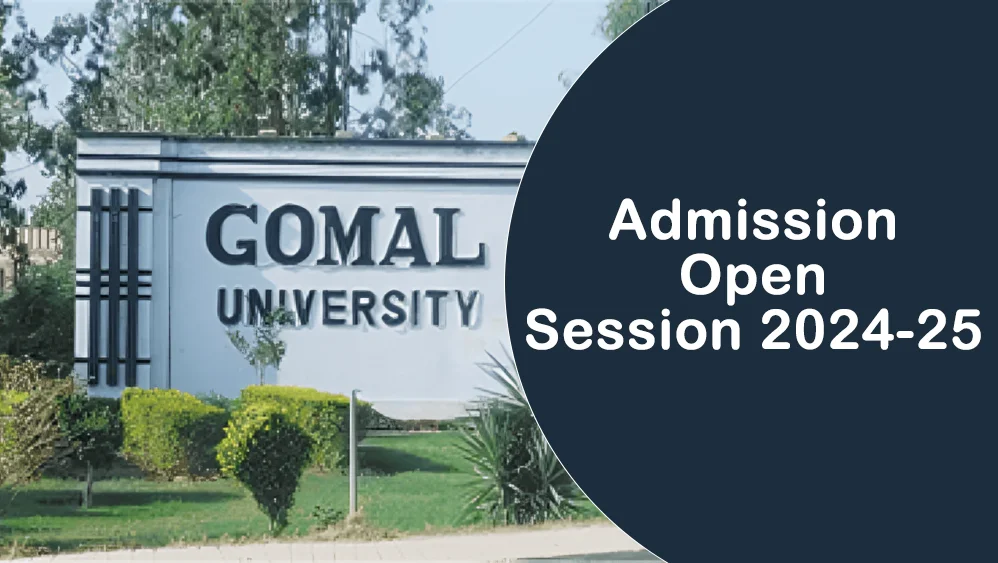Faculty of Veterinary & Animal Sciences (FVAS)
Institute of Para Veterinary Sciences
Introduction
The Institute of Para Veterinary Sciences at Gomal University is a dedicated institution committed to producing skilled para-professionals who play a vital role in animal healthcare, livestock management, and rural development. Operating under the Faculty of Veterinary & Animal Sciences (FVAS), the Institute offers specialized diploma programs designed to meet the growing demand for trained veterinary assistants and livestock technicians in the public and private sectors.
Our curriculum integrates theoretical instruction with extensive field-based and clinical training. Students are equipped with practical skills in animal handling, disease recognition, vaccination, deworming, artificial insemination, and basic laboratory diagnostics. With experienced faculty and access to modern veterinary facilities, graduates are fully prepared to support veterinarians, contribute to disease control programs, and enhance animal production at the grassroots level.
The Institute plays a critical role in promoting animal health, food security, and poverty alleviation, particularly in rural areas. Graduates are employed in government veterinary hospitals, livestock extension services, dairy farms, poultry enterprises, NGOs, and self-owned practices.
Mission:
- To train competent para-veterinary professionals to support veterinary healthcare delivery.
- To strengthen livestock and poultry sectors through practical, field-oriented education.
- To promote animal health and production in underserved rural communities.
- To contribute to national disease surveillance and control programs.
- To instill professional ethics, compassion, and responsibility in animal welfare.
- To build technical capacity for sustainable livestock development.
Objective:
- Provide quality education and hands-on training in para-veterinary sciences.
- Prepare graduates to assist veterinarians in clinical, surgical, and laboratory procedures.
- Enhance livestock productivity through extension services and outreach activities.
- Support national programs in disease prevention, vaccination, and animal health campaigns.
- Encourage entrepreneurship and self-employment in the livestock sector.
- Foster community-based animal health services in rural and remote areas.

